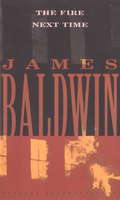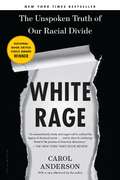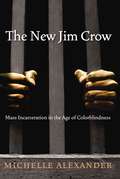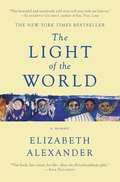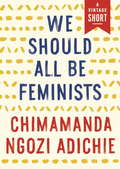Special Collections
Black Liberation Reading List
- Table View
- List View
| Title | Author | Date Added | Action |
|---|---|---|---|
|
|
James Baldwin | 02/03/2021 | |
|
|
Carol Anderson | 02/03/2021 | |
|
|
Carol Anderson | 02/03/2021 | |
|
|
Michelle Alexander | 02/03/2021 | |
|
|
Elizabeth Alexander | 02/03/2021 | |
|
|
Chimamanda Ngozi Adichie | 02/03/2021 |
